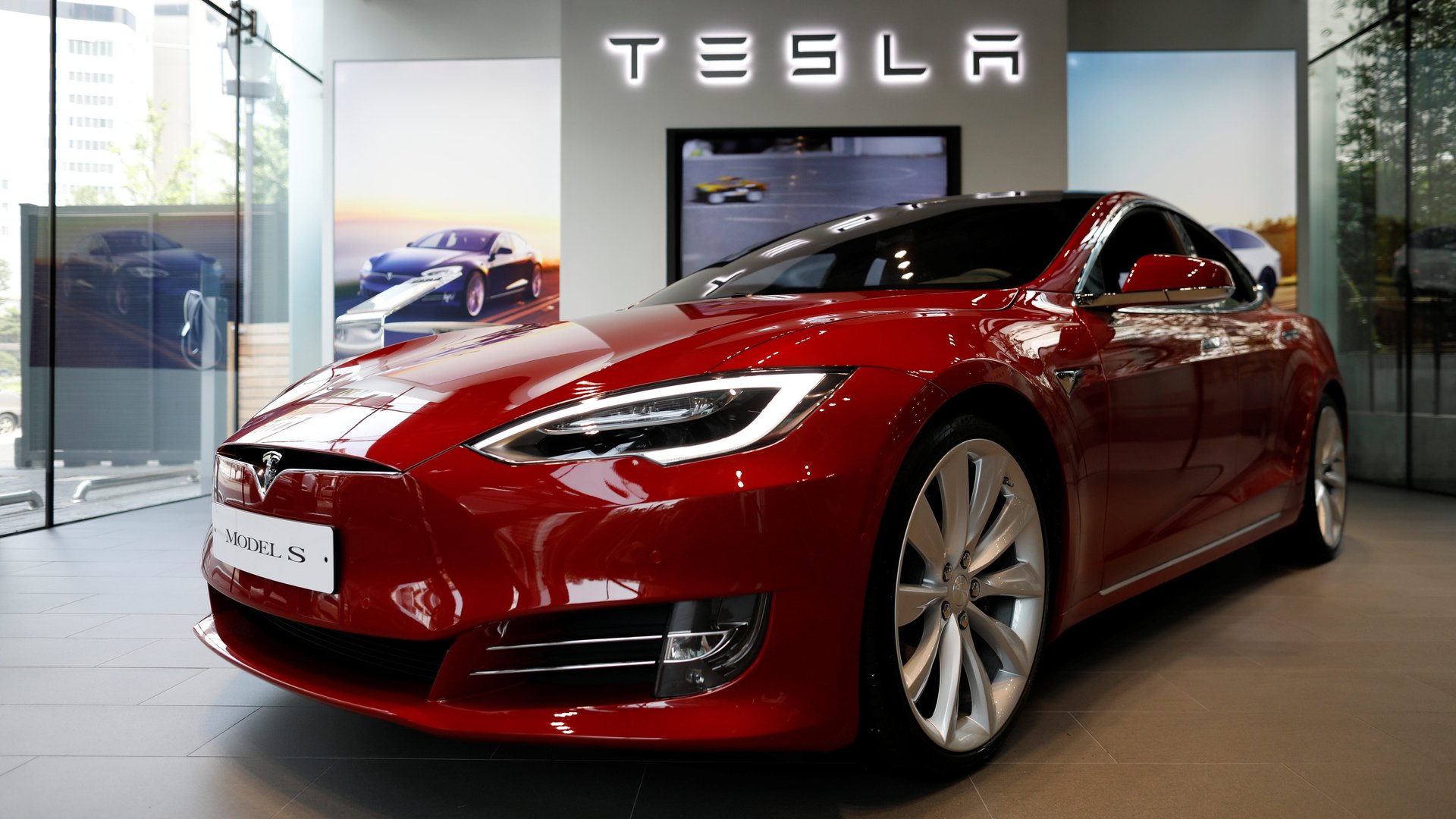If you want to buy an EV, New Jersey is the place to be
If you’re looking to buy an electric vehicle (EV) in the US, you probably won’t find a better deal than New Jersey.


If you’re looking to buy an electric vehicle (EV) in the US, you probably won’t find a better deal than New Jersey.
The climate policy think tank Energy Innovation compared the monthly cost of buying and owning six EV models to six similar gas-powered cars across all 50 US states, assuming that buyers take out a loan to make the purchase and have to make a monthly car payment. On average, the six EV models—which include the Ford F-150 Lightning pickup truck, the Nissan Leaf compact, and the electric Hyundai Kona SUV—were cheaper than their gasoline counterparts in 48 states and Washington DC.
But no state offered a consistently better deal for EVs than the Garden State (home to 3.9 million private automobiles). “If you want to buy an EV, New Jersey is the place to be,” said Robbie Orvis, who leads the energy policy team at Energy Innovation and compiled the data for a study published May 12 (pdf). His analysis takes into account state-specific financial incentives, tax breaks, electricity prices, and gas prices, in addition to estimating the cost of maintaining, insuring, and financing each car model.
New Jersey offers the most EV incentives of any US state
New Jersey offers EV buyers a generous set of economic incentives: The state offers a $5,000 rebate for anyone who buys or leases an EV, and waives its usual 6.625% sales tax on car purchases. Plus, unlike 30 other US states, New Jersey doesn’t charge EV owners extra fees intended to make up for the money the drivers no longer have to pay in gas taxes. (Those fees can range from $50 to $225 per year.)
When you add those incentives on top of the $7,500 tax credit for EV purchases offered by the US federal government, New Jersey car buyers wind up with a pretty favorable deal when they choose an EV over a gas-powered car.
But Orvis points out that economic incentives like New Jersey’s rebate program and the federal tax credit for EVs depend on funding from lawmakers. Last year, New Jersey had to halt its rebate program because so many people bought EVs that the program exhausted its annual budget of $30 million in just three months.
Meanwhile, the federal EV tax credit only applies to automakers that have sold fewer than 200,000 EVs; once a company crosses that sales threshold, its customers no longer qualify for a tax credit. Tesla buyers no longer get a federal tax break in the US, and Toyota, Ford, and Nissan may be excluded soon unless Congress changes the rules. (Key senators have signaled they’re not interested in expanding the tax credit.)
Hawaii and Rhode Island lag on EV affordability
The only two states where Energy Innovation data suggests that it’s generally more expensive to buy an EV than a gas-powered car are Hawaii and Rhode Island. Part of that has to do with the states’ less generous tax incentives for EV sales. But most of the difference can be explained by the states’ relatively high electricity prices and relatively low gas prices, which limit how much money drivers save on fuel by switching to an EV.
In Hawaii, for instance, it’s only 35% cheaper to charge an electric Ford F-150 than it is to fill the tank on a gas-powered Ford F-150. Those are serious fuel savings, but they’re much lower than the 78% fuel cost savings an F-150 owner would get by going electric in the state of Washington.